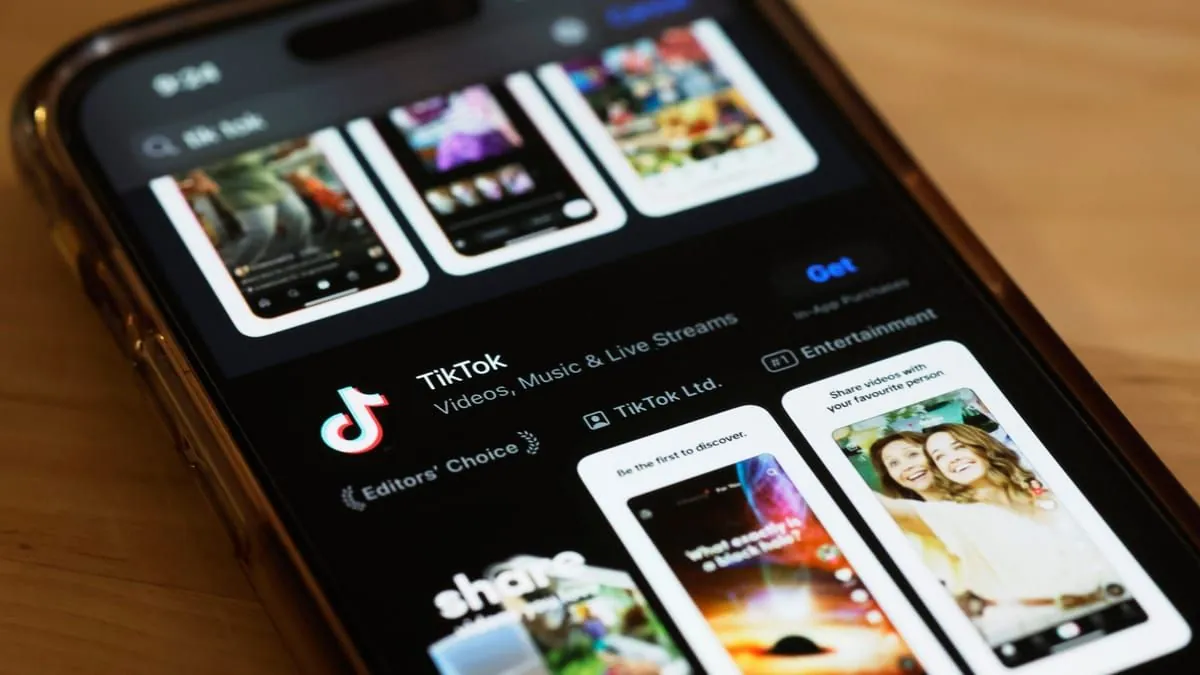The evolution of political communication has taken a significant leap from radio in 1924 to TikTok in 2024. This shift marks a century of technological advancements in how candidates reach voters, with each medium bringing its own set of challenges and opportunities.
TikTok, launched internationally in 2017, has rapidly become a dominant force in social media. In 2021, web security group Cloudflare declared it the most popular internet platform, surpassing even Google. With over 1 billion monthly active users worldwide, TikTok's influence extends far beyond entertainment, shaping cultural trends and, increasingly, political discourse.
The app's rise has not been without controversy. In July 2020, then-President Donald Trump threatened to ban TikTok, citing national security concerns. This led to ongoing scrutiny and congressional hearings in 2023. Despite these challenges, TikTok's popularity has continued to grow, with an average user spending about 52 minutes per day on the app.
TikTok's unique features set it apart from other social media platforms. Its algorithm, powered by artificial intelligence, creates a highly personalized "For You" feed that keeps users engaged. The app's focus on short-form video content and its resistance to ostentatious production values have made it a breeding ground for viral trends and memes.
Politicians have recognized TikTok's potential for reaching voters, particularly younger demographics. Kamala Harris created her official TikTok account on July 25, 2024, quickly amassing millions of followers. Donald Trump, despite his previous stance on the app, joined in early June 2024, gaining over 9 million followers in about two months.
The content strategies of these politicians on TikTok reveal interesting insights. Trump's most viewed video, announcing his joining of the platform, demonstrates an understanding of the app's viral nature. Harris, on the other hand, has been hailed as a "meme queen" since her "We did it, Joe" moment in November 2020, but her official TikTok content has been less engaging so far.
"The President is now on TikTok"
The impact of TikTok on the 2024 election could be as significant as Facebook's role in 2016 and Twitter's in 2020. A Pew Research Center report revealed that a third of adults under 30 in the United States regularly get their news from TikTok, highlighting its potential to shape political narratives.
As the 2024 election approaches, TikTok faces a crucial test. The platform's ability to balance authentic user-generated content with the increasing presence of heavily funded political interests will be critical. The viral nature of TikTok content means that ideas and memes originating on the platform can quickly spread to the wider populace, potentially influencing voter opinions and behaviors.
In conclusion, TikTok's role in shaping political discourse and campaign strategies in the 2024 U.S. presidential election cannot be underestimated. As politicians adapt to this new medium, the platform's influence on the political landscape continues to grow, marking a new era in digital political communication.
